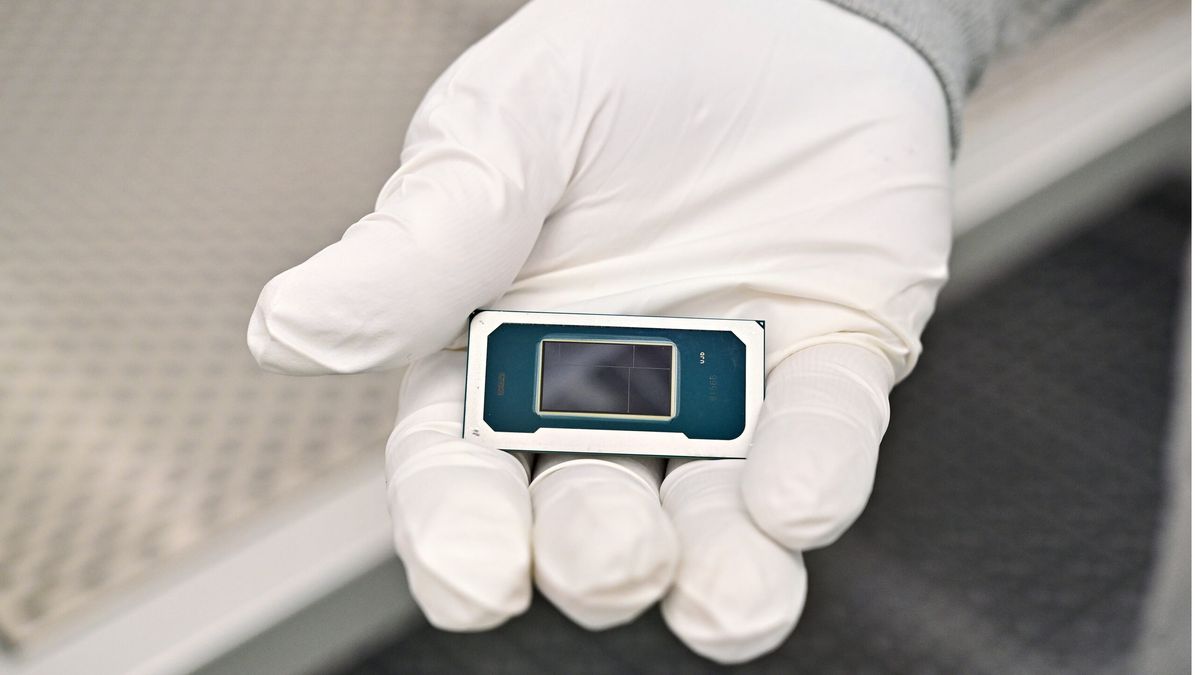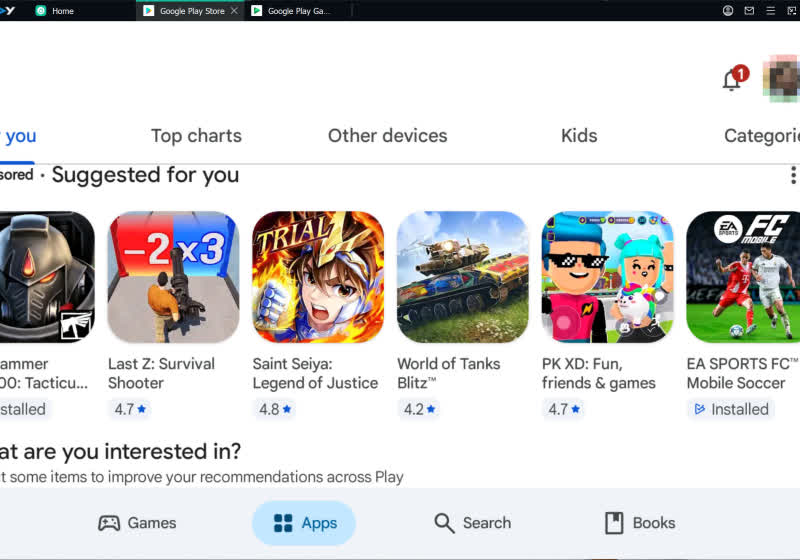A year ago, Prince Royce released "Llamada Perdida," his first album since his very public divorce from Mexican Lebanese actress Emeraude Toubia. Known for his privacy, Royce faced the challenge of navigating heartbreak and the pandemic's constraints under public scrutiny. Now, at 35, he says he's feeling better than ever.
And his new album, "Eterno," reflects this growth. It's a nostalgic journey reimagining classic feel-good songs with "modern arrangements, bachata rhythms, and a touch of Spanglish." And it's clear that his commitment to mental, physical, and emotional well-being, alongside newfound love with IG influencer Vanessa Christine, has deeply influenced this latest project.
During his split from Toubia and even after the divorce, Royce became more reflective about his life. He recognized the habits he wanted to break, the new ones he wanted to form, and the healing he needed to do. Two things have really supported him through this journey: cultivating close friendships with other men and developing a moderate relationship with alcohol.
"I think healing is a complicated thing because I don't think there is one right answer. It's been a combination for me," he says.
"I think healing is a complicated thing because I don't think there is one right answer. It's been a combination for me."
Latine communities have come a long way in addressing mental health. Therapy is no longer as taboo, and expressing feelings is seen as a strength, even among men. Yet, while conventional therapy and medications can be valuable, we often overlook traditional healing practices that have existed in our culture and communities for centuries, like the importance of leaning on friends and family. Community and healthy familismo have long been cornerstones of our resilience, helping our ancestors survive everything from dictatorships to poverty. This is something Royce has come to appreciate more with age.
"I have eight aunts and uncles on my dad's side and eight aunts and uncles on my mom's side. Every aunt had four boys, so I only have boy cousins," he says. "I think that's always been important for me in general — just kicking it with the guys. I think that's something that men don't really talk about often. It's important to go on guy trips and hang out, and it's cool to be vulnerable with your guys and tell them things, because our culture growing up was like guys can't really cry or guys can't really show being soft. But I think with my cousins because we grew up [with each other] since we were kids, we're comfortable talking about stuff like that."
Royce entered the music industry at 19, and says his family always kept him grounded in his values. Despite the lifestyle — including having alcohol as a regular part of his life, Royce says he never struggled with substance abuse. Still, approaching his mid-30s, he decided to prioritize health and well-being by moderating his relationship with alcohol.
"I think everything starts with you, and it sounds mad cliché, but I think what makes something cliché is that people say it so many times because it's true," Royce says. "There was a time, maybe a year or two ago, that I was just drinking alcohol often. So, I downloaded this app where I started jotting down every day when I drank."
The app he refers to is called DrinkControl. He's also used an app called Reframe, which offers counselors and a supportive community for those managing or giving up alcohol.
Royce noticed an immediate improvement in both his physical and mental health since moderating his drinking, and he's also set firmer boundaries around his time and decisions.
"I always had problems sleeping, too, but you sleep better when you're sober — you think better," he says. I even felt like my decisions were clearer. If I'm drinking and someone writes me, I don't respond. I'm being very conscious — if people text me, I don't respond until the next day. That's it."
Moderating his relationship with alcohol, prioritizing physical and mental health, and healing after his divorce led Royce to a new, loving relationship. And that love is clearly reflected in "Eterno," which features bachata versions of classics like "How Deep Is Your Love" and "I Just Called to Say I Love You."
His 2010 rendition of Ben E. King's 1961 classic "Stand by Me" made him a pioneer in introducing a classic to bachata, exposing many non-Spanish speakers to the genre. The song topped the number eight on the US Billboard Hot Latin Songs chart and won the Lo Nuestro Award for Tropical Song of the Year in 2011.
Like many artists, Royce aims to create music that is timeless. He also feels like it's the perfect time, culturally, to release an album celebrating love and nostalgia.
"Vinyls are popping off again, people are buying old-school VHS tapes, and taking pictures on digital cameras," he says. "I remember buying a tape or CD, reading the booklet with lyrics — it was a ritual. That got lost . . . and I wanted to bring that back."
And though he's returning to the past for some inspiration, this album truly marks an era of renewal for him. "I feel very positive. I feel very focused," he says. "I think during COVID and four years ago, I was feeling kind of weird. Down. Unmotivated. Especially when you're doing something for such a long time."
But these days, he's ready to take inspiration when it comes and deal with challenges as they arise, too. And "yes," he says with a smile, "being in love again definitely helps."
Johanna Ferreira is the content director for PS Juntos. With more than 10 years of experience, Johanna focuses on how intersectional identities are a central part of Latine culture. Previously, she spent close to three years as the deputy editor at HipLatina, and she has freelanced for numerous outlets including Refinery29, Oprah magazine, Allure, InStyle, and Well+Good. She has also moderated and spoken on numerous panels on Latine identity.

 6 months ago
251
6 months ago
251

:quality(85):upscale()/2025/11/28/816/n/1922507/96dfa0316929eb7d6009c4.58082318_.png)
:quality(85):upscale()/2025/11/28/911/n/1922564/6007a1e4692a0b7e0754d6.70992304_.jpg)





 English (US) ·
English (US) ·